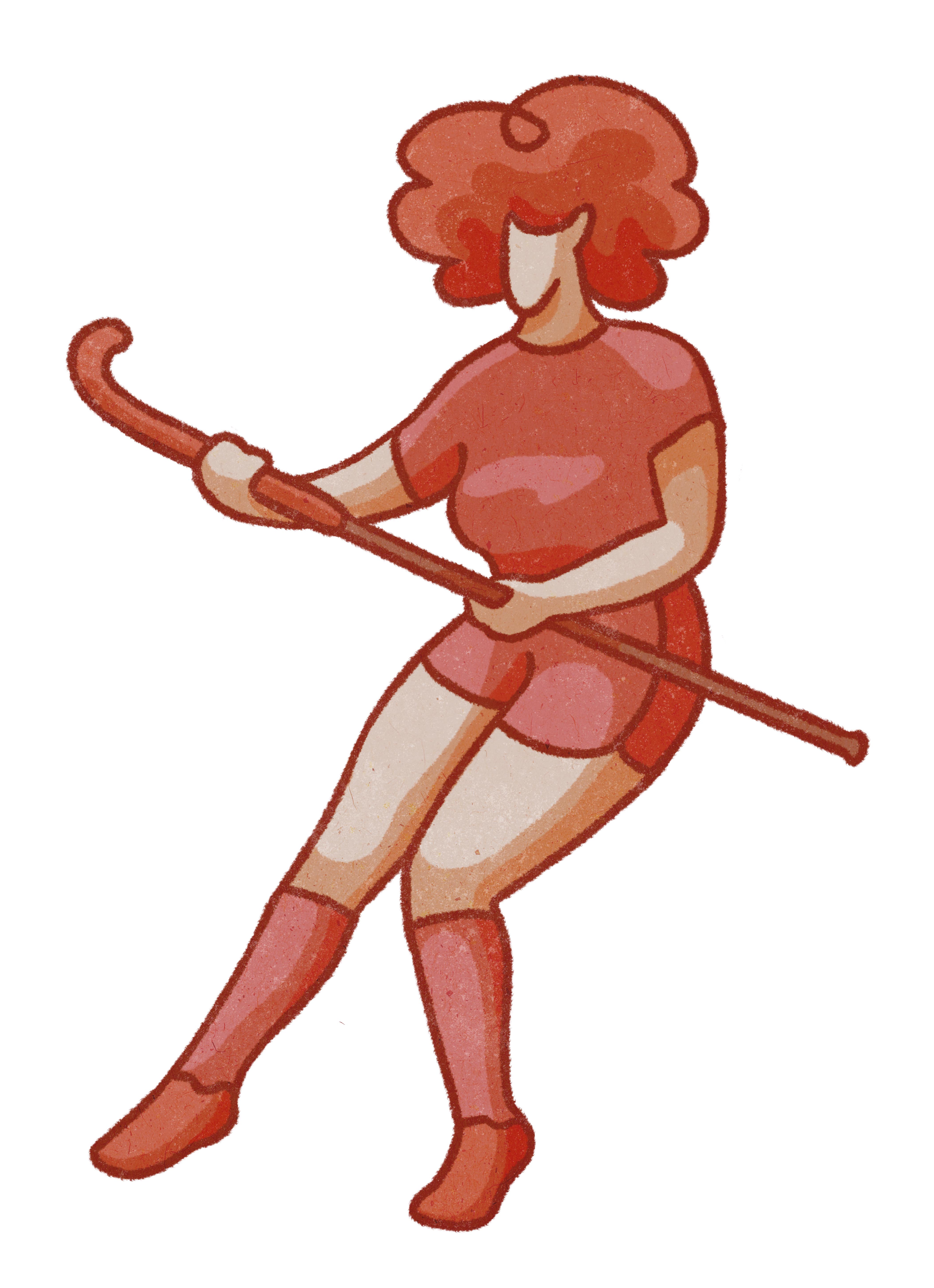Women have taken huge steps toward becoming seen in the world of sports over the last several years—and not just in the media. University of Portland alum Megan Rapinoe was honored as Sports Illustrated’s 2019 Sportsperson of the Year, giving both women and LGBTQ+ individuals visibility in professional sports.
Since 2000, only two women have won Sportsperson of the Year: Serena Williams and Megan Rapinoe. Rapinoe is only the fourth woman in the 66-year history of the award to win the honor unaccompanied. While women in sports receive much more coverage than they once did, the goal of equality is still far from being realized.
Portland State alum Teri Mariani, a 1976 graduate and three-sport athlete, was involved in PSU athletics for more than 30 years and has seen the changing role of women in sports.
Mariani played basketball, volleyball and softball for PSU before moving on to play three years of professional softball. Following her professional playing career, Mariani went on to coach PSU softball for 29 seasons, reaching the playoffs nine times and placing nationally four times.
Mariani has the most wins of any coach in PSU history for men’s or women’s sports and has been inducted into the Oregon Sports Hall of Fame.
When asked about her experience as an athlete while at PSU, Mariani chuckled. “It was a lot different,” Mariani said. “I had a great time and was able to play multiple sports because they didn’t overlap. I went to the booster lunches for football, and once they got to know me, they got to see what I was doing a little bit. That’s kind of how it starts.”
“But [women] need to work harder for that than the guys do,” Mariani said. Politics played a part in giving Mariani a platform to showcase the value of women’s athletic abilities, as it often does today.
Before Title IX, PSU had policies in place that kept women from receiving the same benefits as male athletes. To Mariani, this was commonplace, and a price to pay for playing on a sports team.
Mariani described a period of time before Title IX when female athletes had to walk through the men’s locker room to see a trainer. In order to get through the locker room, a woman had to put a paper bag over their head to be led through the locker rooms. Torment from the boys would frequently ensue.
“It was hard to raise too much of a concern, but it finally took one of our coaches to go through and understand what we were going through,” Mariani said. “Back then, it wasn’t an issue of harassment or anything like that, because that just wasn’t a problem yet. We were all so excited to play that we just put up with it.”
While significant progress has been made to provide women with a better experience while participating in sports, the lack of representation and opportunities for women within coaching is a problem that persists to this day.
Male sports do not typically require a male coach. However, men tend to take over the vast majority of coaching roles, even if they are the head of a women’s sport.
Only 20% of women’s soccer coaches are female. In 2014, Becky Hammon became the first female assistant head coach in the history of all four major U.S. sports. Katie Sowers, an NFL assistant coach for the San Francisco 49ers, became the first female and openly gay coach at the Super Bowl in 2019.
Not long ago, when Sowers was finishing school, she was denied a coaching position for being a lesbian. Now, she is a trailblazer for women in coaching positions and throughout the sports world.






